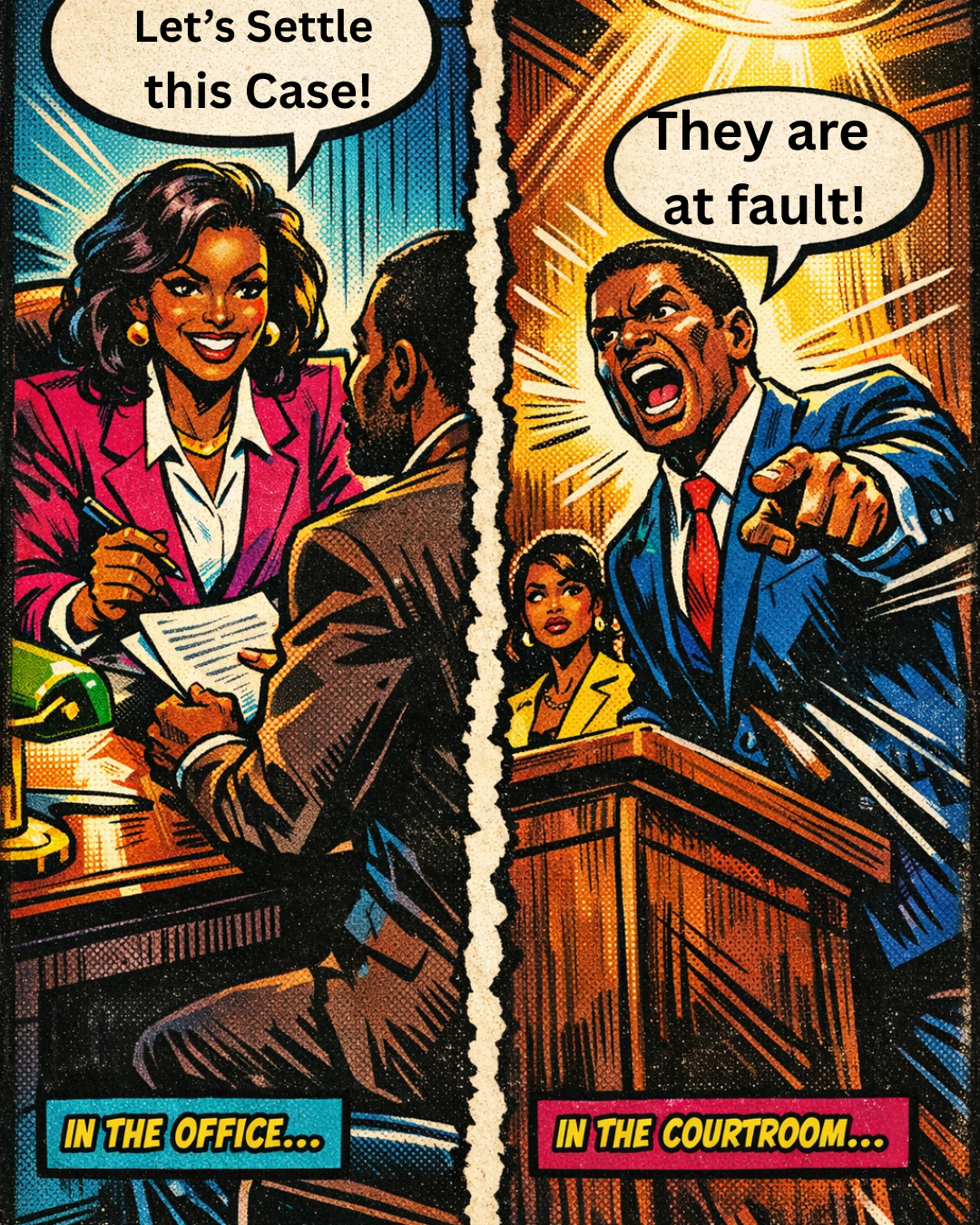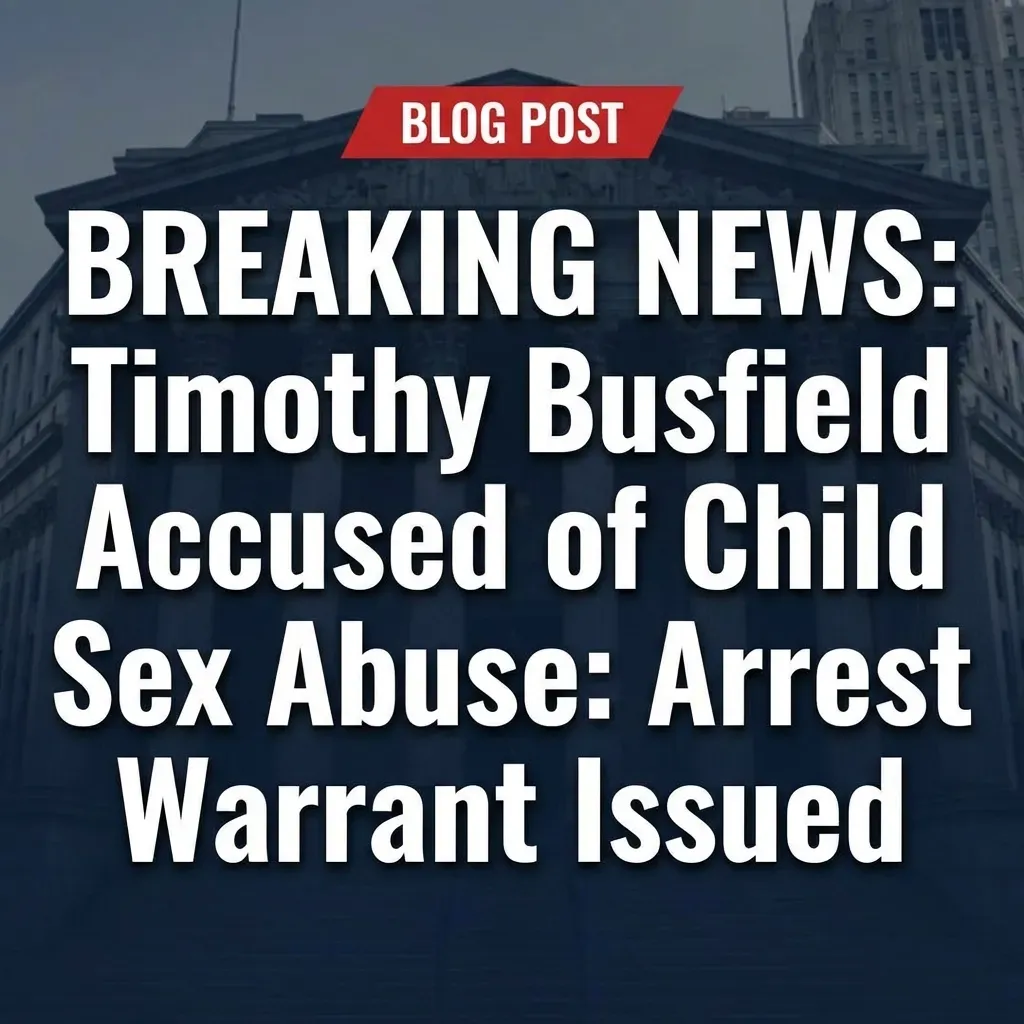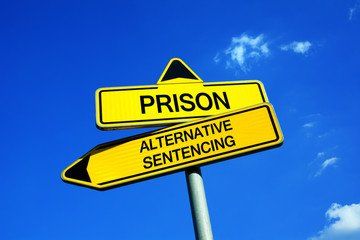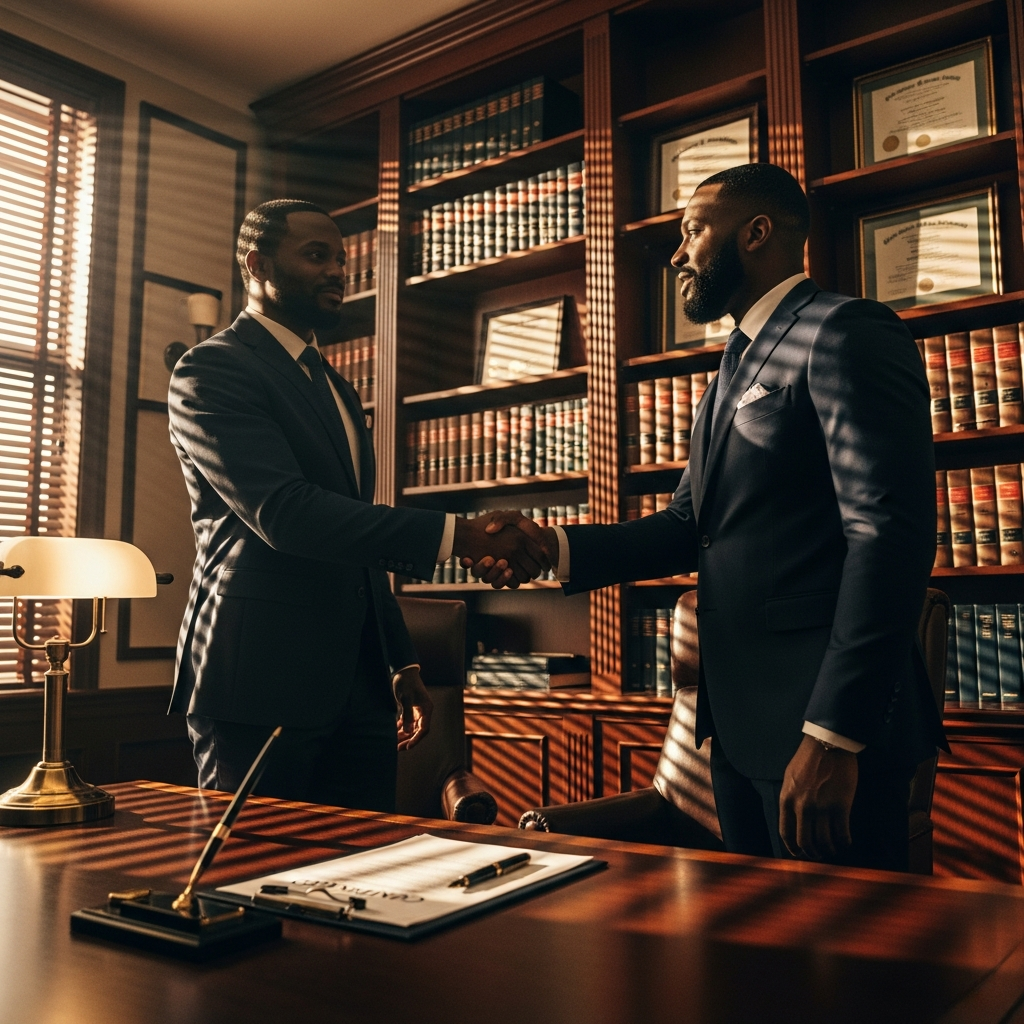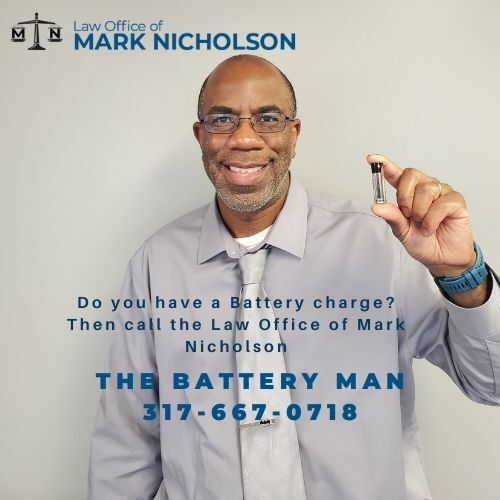Adult Site Blackout: A Legal Storm Brewing in the South
Adult Site Blackout & Age Verification Laws: A Legal Battle
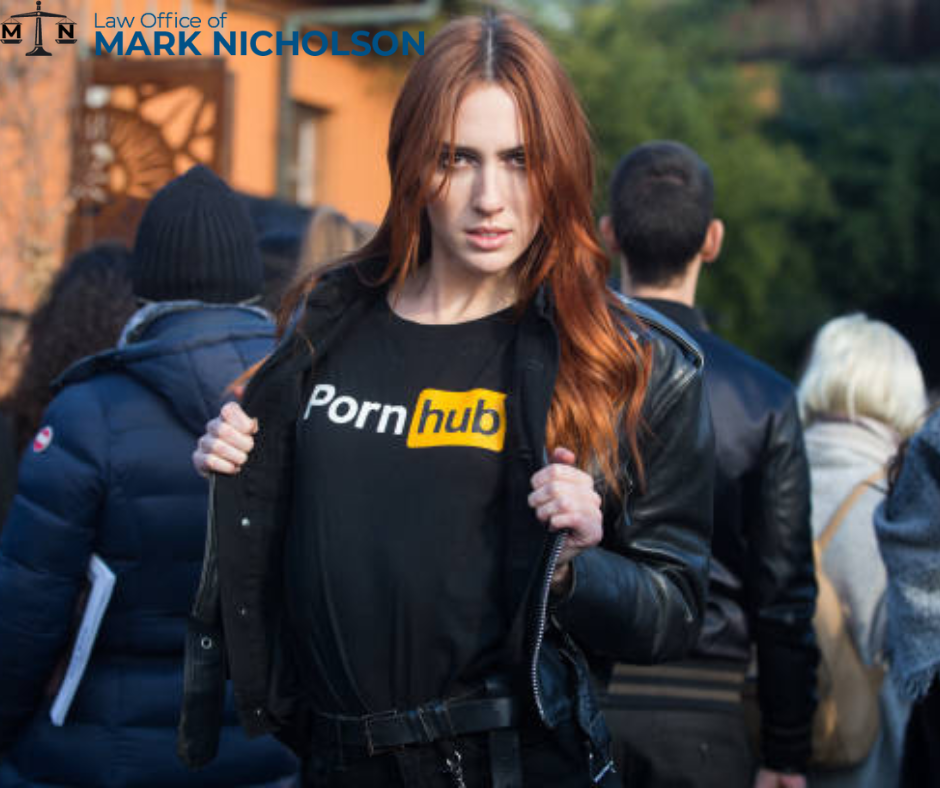
Legal News-The internet, a space known for its openness and accessibility, is seeing a growing divide in the United States—and this time, it's not about politics, but the very content it houses. Entire states across the South are finding themselves blocked from accessing adult websites like Pornhub, as site owner Aylo takes a stand against new age verification laws. These laws aim to keep minors from accessing adult content, yet they raise an important—and unresolved—question about the balance between protecting children and preserving constitutional rights.
While protecting minors online is undoubtedly a compelling state interest, I firmly believe the Supreme Court of the United States (SCOTUS) must hold age verification laws like these to a strict scrutiny standard. Anything less risks trampling First Amendment rights without solving the underlying problem.
The Southern “Blackout”
Aylo’s decision to block access in Florida, South Carolina, and other southern states is a direct response to sweeping age verification mandates. These laws require users to upload government-issued identification to confirm their age before accessing adult platforms. On the surface, this might seem like a reasonable safeguard for protecting children.
Yet, the numbers tell a different story. Instead of ensuring safe internet use, Floridians and residents in other affected states are resorting to Virtual Private Networks (VPNs) to bypass the restrictions. Following Florida’s law, VPN use skyrocketed by over 1,150%—higher even than Utah’s 967% spike after its own similar mandate in 2023.
What does this mean? These laws might stop some users for a moment, but they're far from foolproof. Worse, they might push users—both adults and minors alike—to unregulated and potentially dangerous corners of the internet. Aylo has long argued (and rightfully so) that these laws drive adult users toward riskier sites where illegal content, like non-consensual or exploitative media, often goes unchecked.
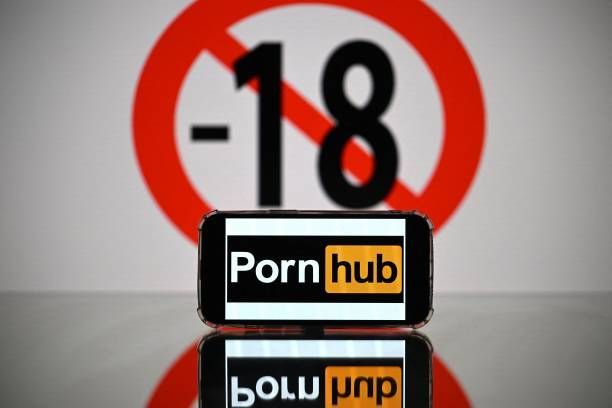
Age Verification vs. Privacy and Safety
Proponents of these laws, such as Texas in a case currently before the Supreme Court, argue for what they call “intermediate scrutiny.” Under this lower standard of judicial review, Texas claims its age verification law is necessary and that no better alternatives exist to protect children from exposure to adult material online.
But here’s the problem—age verification demands adults hand over sensitive personal information that many understandably fear could be compromised. For privacy-conscious states like Florida and Texas to implement laws requiring databases of IDs linked to private browsing habits is, to say the least, counterintuitive.
Furthermore, in U.S. constitutional law, a law that restricts a fundamental right—like freedom of speech—must pass the strict scrutiny standard. This rigorously high bar ensures that the law not only serves a “compelling state interest” but also accomplishes its goals in a way that is narrowly tailored and uses the least restrictive means. States like Texas argue that verifying performers’ ages on adult sites proves the feasibility of verifying viewers’ ages. But this is hardly the same—the key distinction lies in the risk forced upon users, whose personal data can be easily exploited.
A History of Precedent
This isn’t the first time SCOTUS has stepped in to balance free speech and age-based regulations. In the landmark case Miller v. California, the Court set the framework for determining obscenity, emphasizing that First Amendment protections do not extend to obscene materials. However, this protection for adults remains intact so long as the material has artistic, literary, scientific, or political value.
Aylo’s advocates—including digital rights groups like the Free Speech Coalition—are urging SCOTUS to recognize that current age verification laws are not “narrowly tailored.” The flaws are glaring, and the unnecessary overreach burdens not just adult sites, but their lawful users.
Should the Court apply strict scrutiny, these laws will likely not pass the test. Why? Because solutions such as device-based parental controls and AI content moderation can offer far less invasive alternatives for keeping children safe online.
A Critical Moment for Digital Rights
What’s unfolding across the South is no longer just about adult entertainment. It’s about who gets to decide what we access online, how we protect digital privacy, and which rights we’re willing to restrict in the name of safety.
The stakes are higher than most realize. Allowing intermediate scrutiny here sets a dangerous precedent for determining the standards used to evaluate laws impacting other forms of speech. If this legal framework is upheld, who's to say it will stop at adult content?
The Supreme Court must uphold strict scrutiny as the standard—not only for Aylo’s battle but for future cases. While the government’s intent to protect minors is commendable, vague and broadly written laws are not the answer. Rights and freedoms, once stripped away—even under seemingly good intentions—are rarely reclaimed.
Call to Action
This debate is about safeguarding our constitutional values while fostering solutions that work. If you’re concerned about the trajectory of age verification laws and their implications on free speech, now’s the time to act.
Engage with digital rights organizations like the Free Speech Coalition. Educate yourself about privacy-based alternatives that don’t require invasive measures. And most importantly, stay informed about cases like Aylo’s as oral arguments begin on January 15.
Ultimately, the Supreme Court’s ruling on this issue could dictate how we access information for generations. It’s a precedent worth fighting for.
Comments
What do you think? Please comment below.
CONSTITUTIONAL PROVISION IMPLICATED: First Amendment, Free Speech Clause
CONSTITUTIONAL TOPIC: Freedom of Speech
SUPREME COURT DOCKET NUMBER: 23-1122
APPEAL FROM: U.S. Court of Appeals for the Fifth Circuit
LOWER COURT CASE NUMBER: 23-50627
DECISION BELOW: 95 F.4th 263
ORAL ARGUMENT: January 15, 2025
FINAL DECISION: Pending



